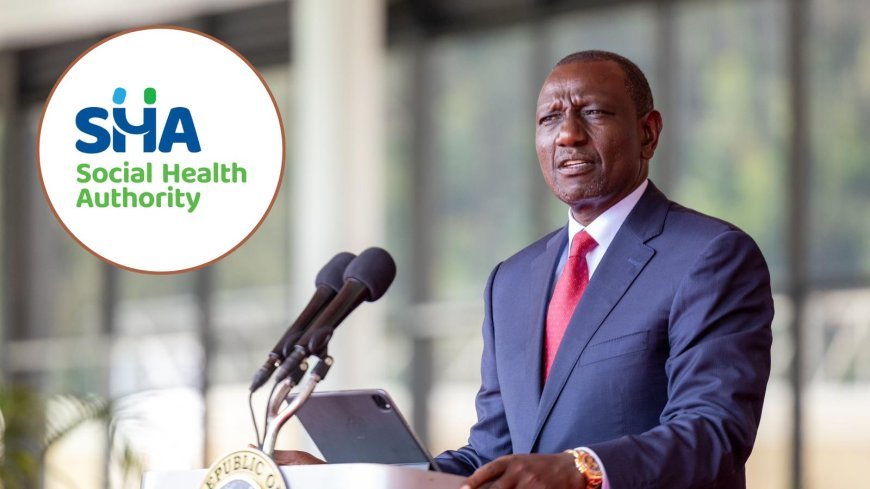MPs Give Nod To Ksh105 Billion Project To Support SHA Rollout
The project, aimed at digitising Kenya's healthcare system, was initially criticised for its procurement process

The National Assembly's Health Committee on Monday, September 30 approved the Ksh104.8 billion Integrated Healthcare Information Technology System (IHTS System) championed by a consortium led by leading telecommunications provider, Safaricom, to support the implementation of the blueprint of Univeral Health Coverage (UHC).
The project, aimed at digitising Kenya's healthcare system, was initially criticised for its procurement process and involvement of Safaricom PLC. However, following an in-depth review, the committee determined that the procurement process was legally compliant and transparent.
During a press briefing, the chairperson of the Departmental Committee on Health addressed several committee members' concerns, such as the project's legal framework and why Safaricom was chosen as the lead partner.
The committee heard that the Ministry of Health obtained the necessary approval from the Attorney General's office, ensuring that all legal requirements under Section 134(2) of the Public Procurement and Asset Disposal Act were fulfilled.

A photo of SHA logo and President William Ruto speaking at State House. /SOCIAL HEALTH AUTHORITY.PCS
Safaricom’s role as the lead partner, heading a consortium that includes Apiero Limited and Konvergenz Network Solutions Limited, was another point of contention. Committee members questioned why the telecommunications giant was chosen over other competitors.
The Ministry of Health however defended the decision by emphasising Safaricom’s technological capabilities and vast network coverage.
With its 5G network reaching 77 percent of the Kenyan population and overall network covering 99 percent of the country, Safaricom was deemed the most suitable partner for a project requiring extensive and reliable connectivity, especially in remote areas according to the ministry.
As the lead partner, Safaricom is responsible for overseeing the project’s coordination and ensuring all consortium partners fulfil their obligations.
Govt Cornered Over SHIF Preparedness
Meanwhile, uncertainty emerged over the rollout of the Social Health Insurance Fund (SHIF) on Tuesday, October 1 following details on gaps in the Means Testing Instrument (MTI) in determining the annual premium contribution for informal sector households.
It emerged that the Ministry of Health in collaboration with the SHIF conducted a pilot project in eight counties in the informal sector populace to determine the 2.75 percent of income contribution.
The National Assembly Health Committee raised issues with the accuracy of the MTI system following revelations that a total sample size of 2,000 Kenyans in the informal sector was subjected to the test across the eight counties.
“We conducted the Means Testing Instrument in eight counties and the data that we have is accurate and we assure you we will not have the same issues we are facing in the education sector,” acting chairman of Social Health Authority Abdi Mohammed disclosed.
Health Cabinet Secretary Deborah Barasa defended the system under the new national insurance fund saying they are tamper-proof and will ultimately address issues that have faced access to affordable health care.
The MTI pilot project was conducted in Turkana, Tana River, Narok, Migori, Bungoma, Bomet, Kiambu and Nairobi which has so far encompassed 17 variables to determine the lowest and highest contribution in the informal sector households.
Principal Secretary Medical Services Harry Kimutai indicated that the 2.75 percent contribution will be assessed based on the parameters which the household contributions among other variables.
“Once the contributor answers all questions during the application process then they will receive details on the amount they are supposed to pay annually to receive health service,” said PS Kimutai.







